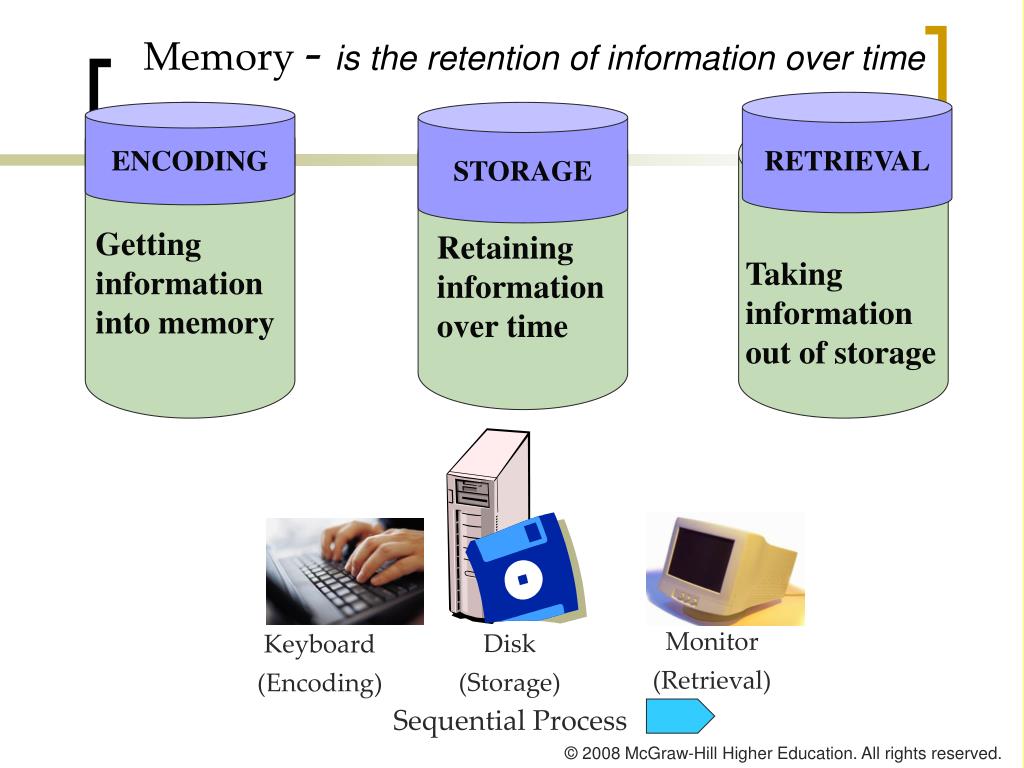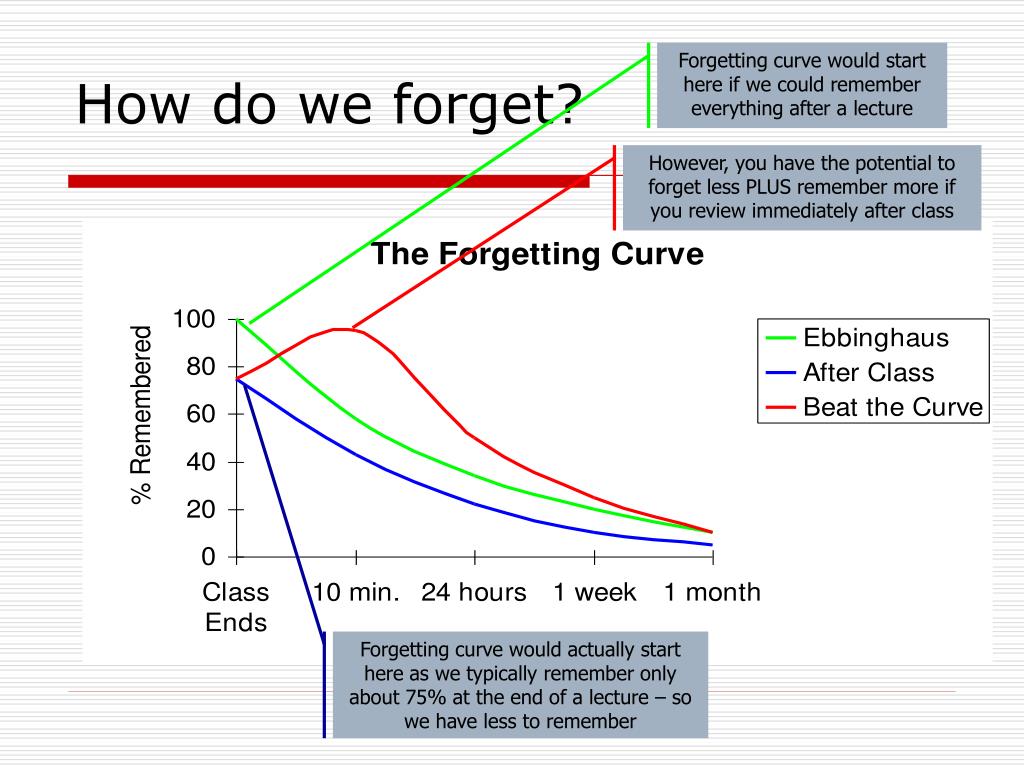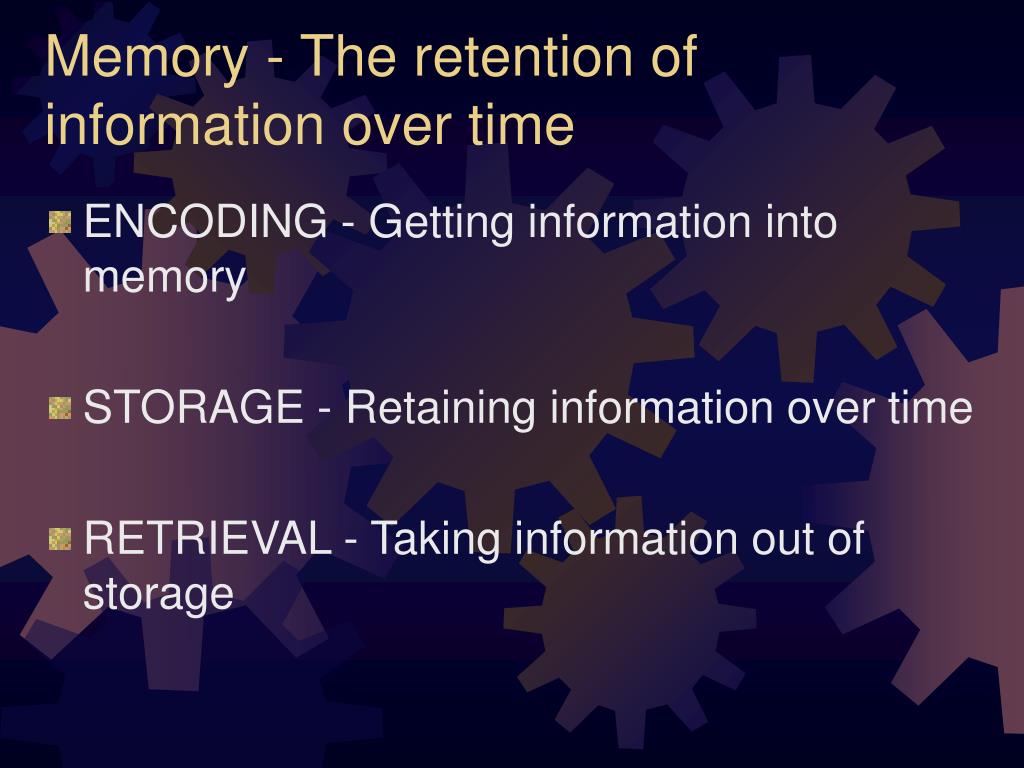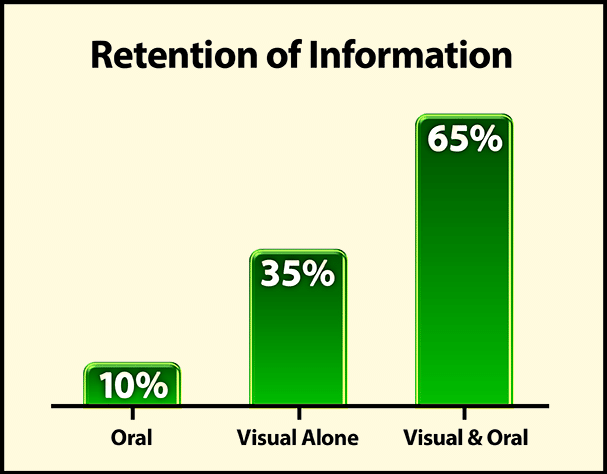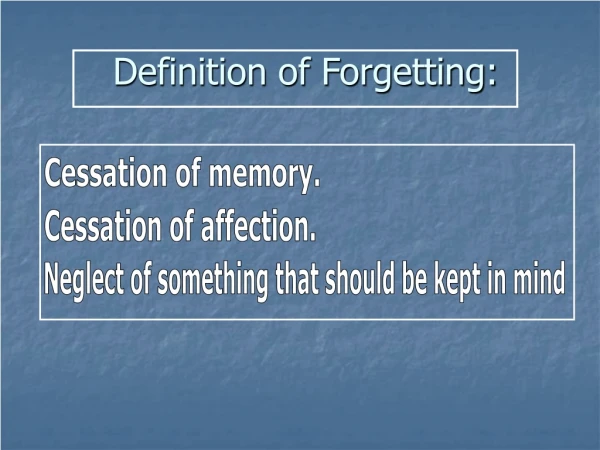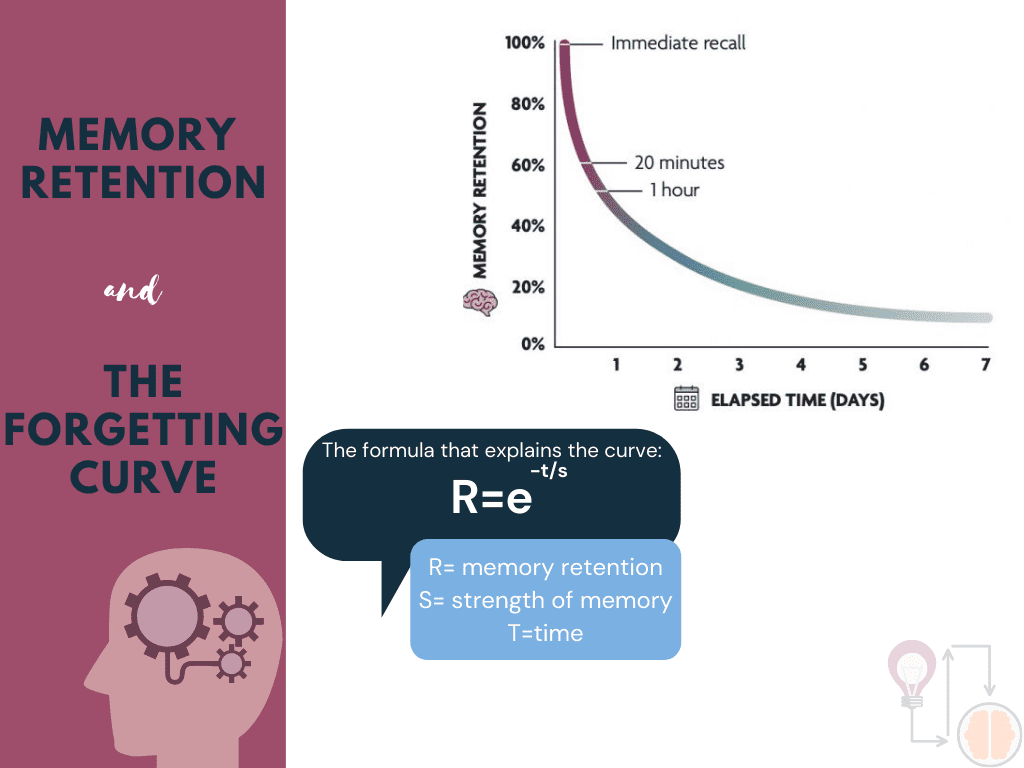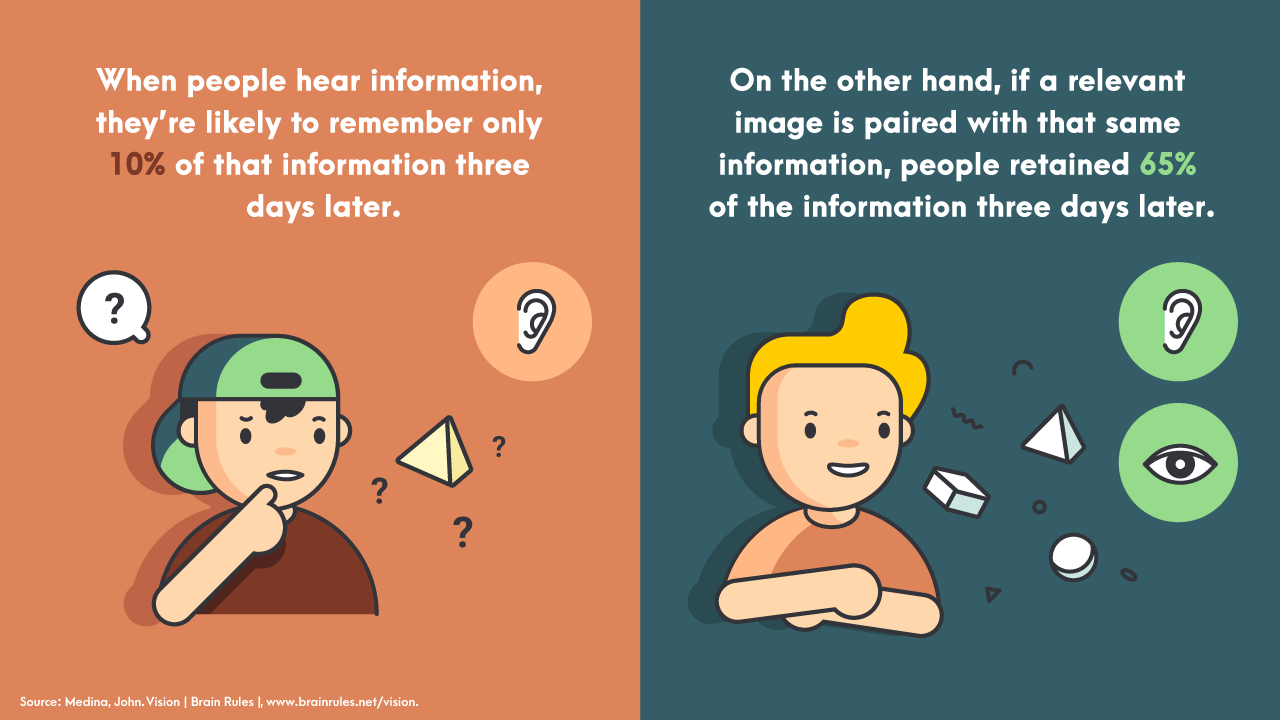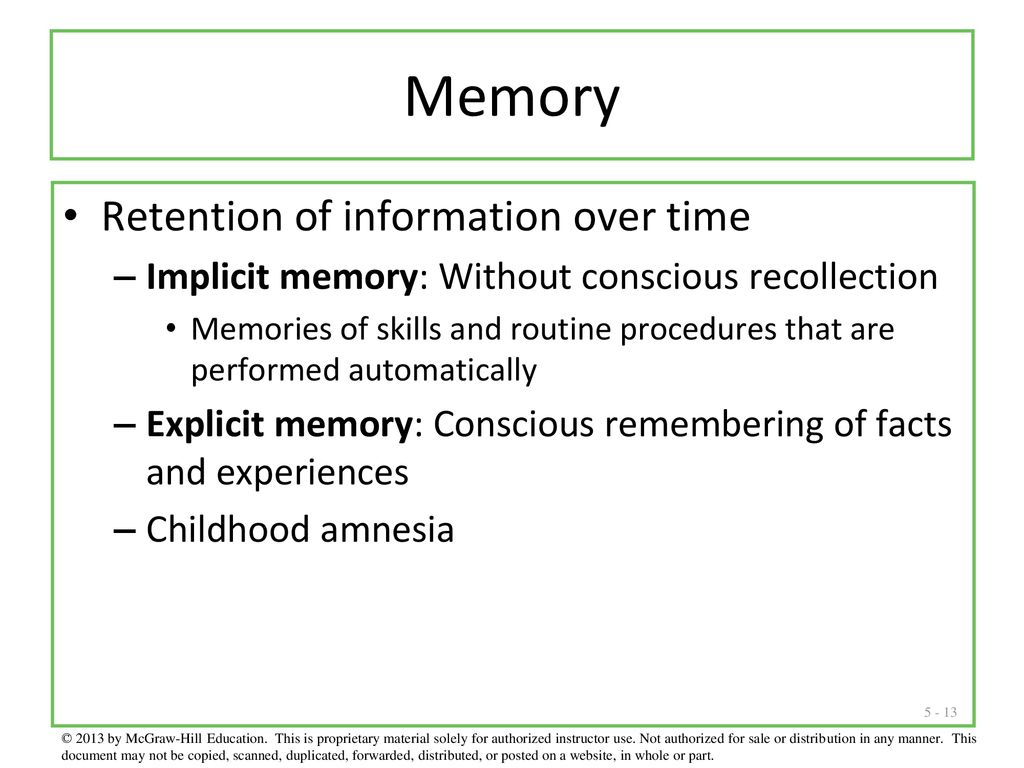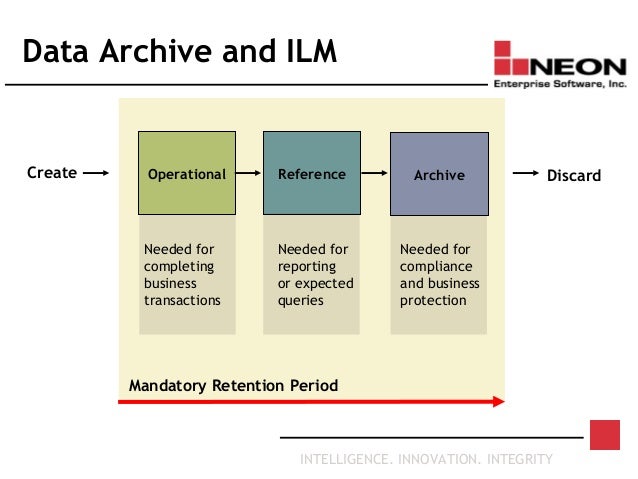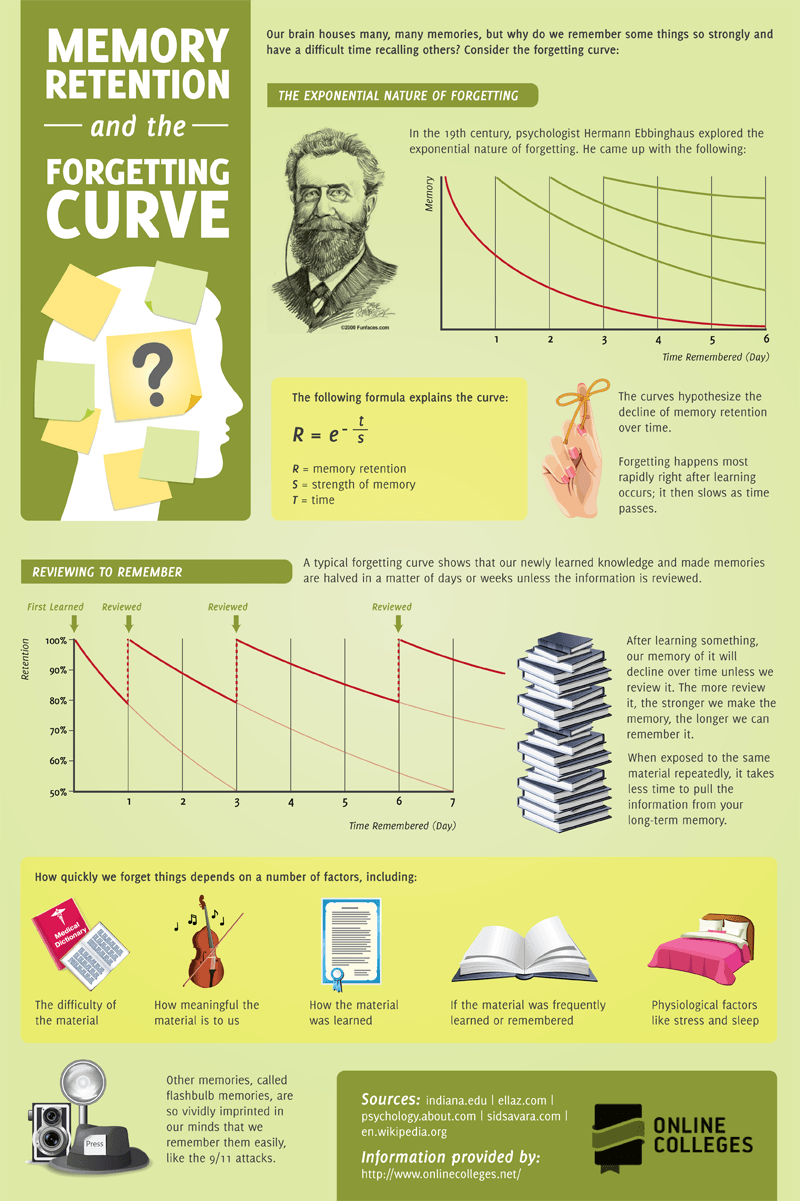Is The Retention Of Information Over Time.

Imagine yourself back in elementary school, the smell of crayons hanging in the air as you painstakingly memorize the multiplication table. Or perhaps you’re cramming for a history exam in college, desperately trying to absorb centuries of information in a single night. But how much of that knowledge actually stuck around? Where does it go, and what can we do to hold onto it better?
The question of how well we retain information over time – a concept often referred to as memory retention – is a fascinating and crucially important area of study. Understanding the mechanisms behind memory retention and the factors that influence it is vital for improving learning strategies, enhancing cognitive health, and navigating the complexities of everyday life.
The Elusive Nature of Memory
Our brains are not like hard drives, simply storing information for later retrieval. Instead, memories are dynamic, constantly being reconstructed and reinterpreted. The Ebbinghaus forgetting curve, first described in the late 19th century by German psychologist Hermann Ebbinghaus, illustrates this perfectly.
Ebbinghaus's research showed that we tend to forget information rapidly after initially learning it. However, the rate of forgetting slows down over time, suggesting that some memories become more resilient than others.
Factors Influencing Memory Retention
Numerous factors influence how well we retain information. These factors range from the techniques we use to encode information to our overall health and lifestyle. Active recall, for example, involves actively retrieving information from memory, rather than passively rereading it.
This method has been shown to be far more effective for long-term retention. Spaced repetition, another powerful technique, involves reviewing information at increasing intervals over time.
Sleep also plays a vital role in memory consolidation, the process by which newly learned information becomes stable and durable. Studies have consistently shown that sleep deprivation impairs memory performance.
Our emotional state also has a profound impact on memory. Memories associated with strong emotions, whether positive or negative, tend to be more vividly recalled.
The brain's amygdala, which processes emotions, interacts closely with the hippocampus, the brain region responsible for forming new memories, thus creating stronger pathways.
Stress, on the other hand, can impair memory function. Chronic stress can damage the hippocampus and interfere with the encoding and retrieval of memories.
Practical Implications for Learning and Life
Understanding the principles of memory retention has significant practical implications. For students, it means adopting more effective learning strategies. Incorporating active recall, spaced repetition, and adequate sleep can drastically improve academic performance.
For professionals, it means finding ways to continuously learn and adapt in a rapidly changing world. Engaging in lifelong learning activities, such as reading, taking courses, and attending workshops, can help maintain cognitive flexibility and improve memory function.
Maintaining a healthy lifestyle, including regular exercise, a balanced diet, and stress management techniques, is essential for preserving cognitive health and enhancing memory retention. Social engagement and mental stimulation also play vital roles.
As we age, memory retention naturally declines, but this decline is not inevitable. By adopting proactive strategies, we can mitigate age-related memory loss and maintain cognitive vitality throughout our lives.
Looking Ahead: Future Research
Research into memory retention is ongoing. Scientists are constantly exploring new ways to enhance memory function and combat memory disorders. Areas like neuroplasticity - the brain's ability to reorganize itself by forming new neural connections - offer promising avenues for future interventions.
The development of novel drugs and therapies that target specific brain regions and neurotransmitter systems involved in memory is also a key area of research.
Ultimately, the ability to retain information over time is not just about academic success or professional advancement. It's about preserving our personal history, maintaining our sense of identity, and connecting with the world around us. So, embrace lifelong learning, prioritize your cognitive health, and nurture your memories – they are, after all, the building blocks of who you are.
